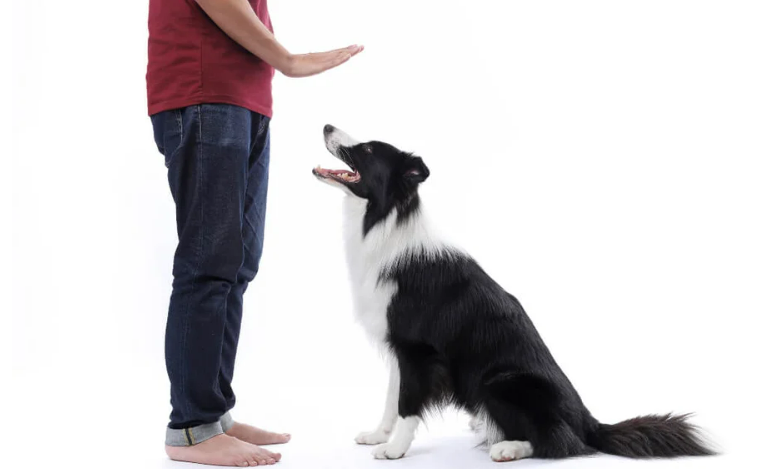Chewing is a normal behaviour for puppies and dogs – and it actually accomplishes a few things. For younger dogs, chewing is a way to relieve the pain of teething. For older dogs, chewing helps to keep the teeth clean and jaws strong. Chewing is also an action that helps dogs with anxiety, frustration and boredom.
Depending on the reason for the chewing, there are different methods to remedy the issue, but here are some general tips:
-
- Make sure the home is ‘dog proof’, by putting valuable object away, such as clothing and shoes.
-
- The dog should have access to toys and chew bones. Observe the dog and find out what toys they prefer and offer toys similar to that toy. If you want to offer your dog a bone, only offer natural bones, never cooked bones. Talk to a veterinarian, for bone suggestions.
-
- Try to identify the time(s) of day when the dog is likely to chew and then try to give them something to chew on, before that time comes.
-
- Discourage inappropriate chewing, by spraying items the dog should not chew on with a deterrent. These sprays are available in pet shops or other stores and a vet might even recommend some natural chewing deterrents, such as citrus spray, apple cider vinegar, or chilli pepper.
-
- Supervise the dog, as much as possible and tell them “No”, when seeing them chew on something they should not – and then replace that item with something the dog is allowed to chew. Praise the dog, when it begins to chew on the new item. If the dog might react in an aggressive manner, seek out the expertise of a professional trainer or behaviourist. If you cannot supervise your dog during the day, consider confining the dog in a crate or in a small room. Make sure these areas are clear of anything they might find appealing to chew on.
Some responsibility lies with the owner, when looking at dogs that chew. If you do not want your dog to chew on something, such as your shoes, the simple solution is to pick them up.
Finally, when dealing with dogs that chew, avoid the following:-
-
- Do not hit or punish the dog. It cannot connect this punishment with the behaviour they might have done hours, or even minutes, in the past.
-
- Do not use tape or rope to hold the mouth closed, to prevent chewing.
-
- Do not muzzle the dog, to prevent chewing.





